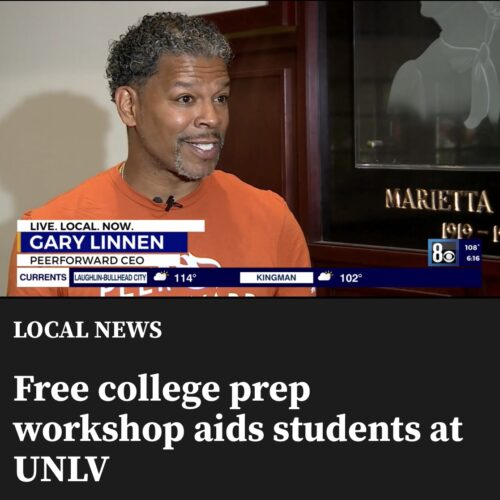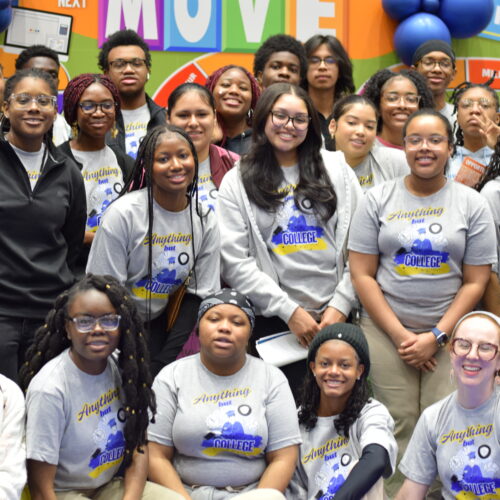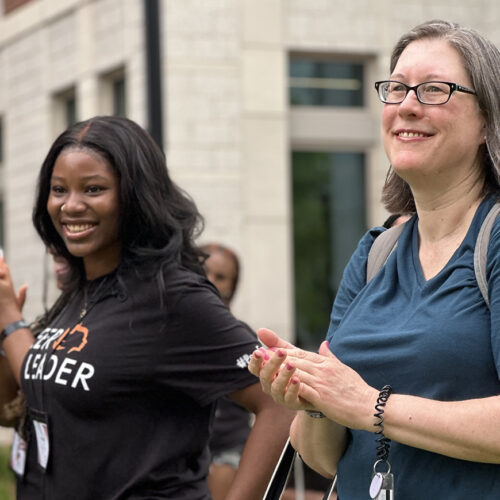Is our current system of education just? In the school reform world, we use and hear the phrase “social justice” all the time, but what does it mean? What are we talking about when we talk about justice within the framework of how we educate our youth?
The philosopher John Rawls devised a simple and revealing thought experiment to answer these very questions. Once you apply it to our educational system, I guarantee you will be called to act.
Rawls asks you to imagine that you occupy an “original position” where you have the opportunity to choose the structure of society you will inhabit, and articulate its governing principles of justice and fairness. There’s a catch, though. While in this original position, you are also behind a “veil of ignorance” where you aren’t provided key details such as your race, ethnicity, gender, socioeconomic standing, family history, neighborhood, peer group, religion, zip code, natural ability, preferences and other personal attributes. You only know that you will become a participant in society and you will have hopes and goals. Rawls provokes you to ponder, then, what kind of society you would construct that would give you the best possible chance to thrive. It’s a thought experiment that naturally encourages you to reflect on whether our current system is just and fair, given that none of us had the chance to choose our position in society.
I read this thought experiment in Rawls’ book A Theory of Justice 35 years ago, and it still haunts me today. When I was the head of a school, I asked myself two related questions: (1) From behind the veil of ignorance in the original position, would I create the kind of school that I am leading? (2) Would I want to send my own children to this school? When you think about it, the second question is just a variant of the first. I ask the same two questions of our school system nationwide. If I did not know my race, ethnicity, gender, socioeconomic standing, family history, religion, etc., would I invent a system where only 9% of students from low-income communities will graduate from college? Would I wish this system for my children? Would I invent a system where economic class and zip code correlate with whether or not I, as a student, or my children were going to have the chance to lead a long, fulfilling life?
Given the current disequilibrium in our system, even if I were only interested in increasing my personal odds for self-fulfillment, with better-than-even chances I would wind up living in a low-to-middle income community, I dare say that I would not create the school system we have today.
This is not just a theoretical game; it shakes our complacency and calls us to action. What then can we do? We know that the plans of one’s peers plays a determinative role in one’s own plans. If I were in the original position behind the veil of ignorance I would invent a school system where no matter my situation, I would be surrounded by peers who were navigating their way to postsecondary success – and helping me do the same. We don’t have to yearn for some mythic return to the original position to begin to construct a just and fair school experience.
PeerForward partner schools throughout the country are already creating this kind of supportive peer framework. Our Peer Leader teams are beginning to be assembled, and preparing for their summer workshop, where they will receive the coaching and training necessary to infuse their entire school with a college-going culture come fall. In other words, Peer Leaders are poised to turn the original position into a current reality, contributing to a more just and fair educational experience for all students. That’s the PeerForward movement.
Keith Frome, PeerForward CEO











